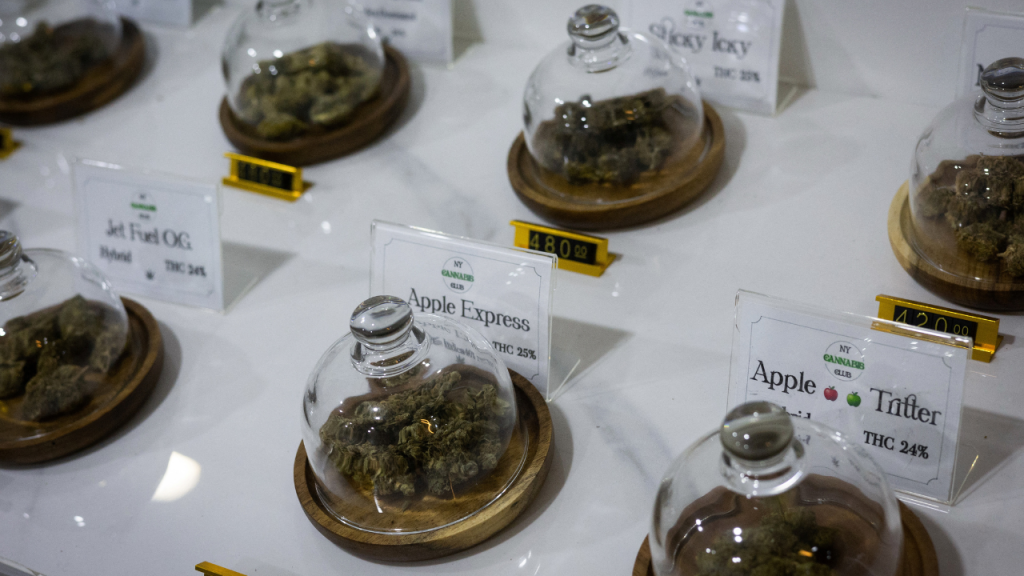Thailand is planning to reclassify cannabis as a narcotic and will issue permits exclusively for medical and research purposes. Prime Minister Srettha Thavisin recently announced a policy reversal, with the goal of re-criminalizing cannabis by the end of the year. Under the new regulation, recreational usage of cannabis will be prohibited, and licenses will be required for cultivation, export, and possession. Public Health Minister Somsak Thepsutin stated on social media that Thailand plans to list cannabis as a narcotic again and issue permits only to those who grow and use it for medical purposes and research.
The decision to reclassify cannabis and issue permits exclusively for medical and research purposes came after Prime Minister Srettha Thavisin’s stunning policy reversal. The plan is to re-criminalize cannabis by the end of the year, with recreational use being banned under the new regulation. Individuals who wish to grow, export, and possess cannabis for medical and research purposes will need to obtain a license. However, the details of the licensing process are still being worked out. Somsak Thepsutin emphasized that the permit system should not place an unreasonable burden on the public and that there will be a grace period for people to adjust to the new regulations.
Pro-cannabis groups have protested against the Prime Minister’s decision, stating that it could damage business confidence. Following the legalization of cannabis in 2022, thousands of cannabis cafes and dispensaries have emerged in Thailand, creating an industry that is projected to be worth up to $1.2 billion by 2025. The government’s move to reclassify cannabis and impose restrictions on its use has sparked concern among those involved in the cannabis industry in Thailand, who fear the impact it may have on their businesses.
Thailand has a long tradition of using marijuana for relieving pain and fatigue, as well as in traditional medicine and recipes. The country first legalized cannabis for research and medical use in 2018 and removed the plant from the national narcotics list two years ago, allowing people to grow, sell, and consume it. The decision to reclassify cannabis and issue permits only for medical and research purposes marks a significant policy shift for Thailand, where cannabis has been increasingly embraced for its economic and medicinal benefits.
The decision to reclassify cannabis and issue permits exclusively for medical and research purposes has raised concerns among pro-cannabis groups and businesses in Thailand. The move to re-criminalize cannabis and prohibit recreational use represents a significant shift in government policy, as the plant was previously legalized for various purposes. While the details of the new regulations and licensing process are still being finalized, there is a sense of uncertainty among those who have been involved in the burgeoning cannabis industry in Thailand.
As Thailand navigates its evolving cannabis regulations and policies, there are likely to be further debates and discussions surrounding the plant’s uses and benefits. With a long history of cannabis use in traditional medicine and cultural practices, Thailand’s approach to cannabis regulation will have wide-reaching implications. The government’s decision to reclassify cannabis as a narcotic and issue permits exclusively for medical and research purposes reflects a shift in priorities and highlights the complexities of navigating the evolving landscape of cannabis legalization and regulation in Southeast Asia.


